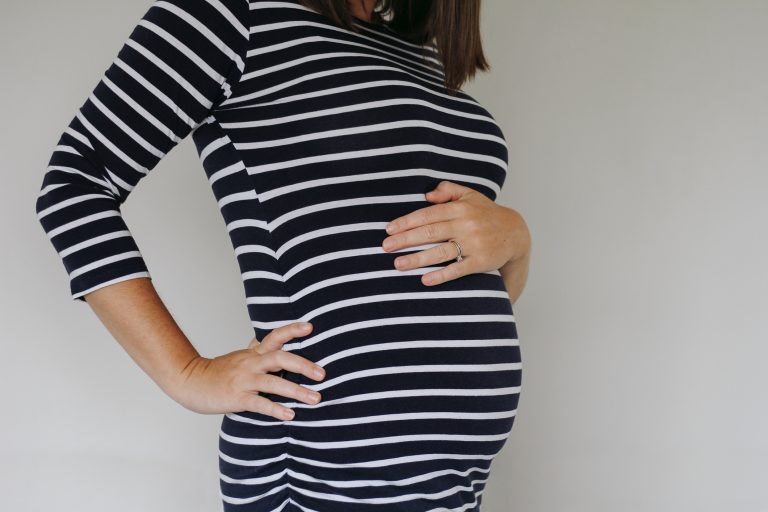
Research led by Brigham and Women’s Hospital, University of Pennsylvania School of Medicine, and San Francisco startup Mirvie, shows pre-eclampsia can be accurately predicted more than three months before birth using a simple blood test that detects small pieces of cell free (cf) RNA.
According to the study, which was published in Nature, the test had a sensitivity of 75% at predicting who would go on to develop the potentially life-threatening condition and a positive predictive value of 32.3%, meaning approximately one-third of those predicted to get pre-eclampsia went on to develop it.
While this figure may not sound high compared with other diagnostic tests, it is currently very difficult to accurately predict which women will go on to develop pre-eclampsia and the new test is up to seven times more accurate than currently available methods of testing.
“Pre-eclampsia is characterized by the onset of high blood pressure during pregnancy. It affects about 8% of pregnancies, can cause damage to multiple organ systems, and is a leading cause of severe maternal and neonatal illness and death,” write Lydia Shook, M.D., and Andrea Edlow, M.D., based at Harvard Medical School and Massachusetts General Hospital, in an accompanying news and views article published in the same journal.
“Although the signs and symptoms of pre-eclampsia do not typically manifest until the final weeks of pregnancy, the disease originates early, when the placenta is established. Despite centuries-old knowledge of pre-eclampsia, a test to predict the condition early in pregnancy, when an intervention might be able to alter the course of the disease, has remained out of reach,” they add.
Building on earlier work by the same researchers that accurately detected the age of the fetus using a similar approach, the study included 1840 pregnant women from a range of different ethnic backgrounds and 2539 plasma samples. The Mirvie and academic researchers are researching whether this kind of blood test, which is similar to the kind of test used to predict whether the fetus has the most common chromosomal abnormalities, can be used to predict a range of different pregnancy outcomes, although this study focused on pre-eclampsia.
“Next-generation sequencing techniques to detect cell-free fetal DNA in maternal plasma are now in widespread use to screen pregnancies non-invasively for common fetal chromosomal abnormalities with high sensitivity and specificity. Although analyzing cell-free fetal DNA is useful for diagnosing specific fetal genetic conditions, cfRNA is the more dynamic nucleic acid, and offers a snapshot of development in real time by providing insight into which genes are currently being expressed,” write Shook and Edlow.
The results show that a single blood sample taken approximately 14.5 weeks before delivery can predict onset of pre-eclampsia through detection of a combination of maternal, fetal and placental RNA fragments. This finding was based on 524 samples (72 cases and 452 controls) from two different, diverse groups of pregnant women.
As part of a wider analysis of fetal development and maternal health the researchers sequenced cfRNA at different time points during pregnancy and confirmed that the results corresponded to points such as fetal heart development and changes to the uterus and cervix.
“Looking at the progression of genes expressed in the mother and baby during pregnancy offers an entirely new way of characterizing their health that hasn’t been available up until now,” said senior study author Thomas McElrath, of the Brigham’s Division of Maternal-Fetal Medicine, in a press statement. “Early detection of disease using this approach will provide us with the distinct possibility of therapeutically addressing some of these conditions.”
Mirvie is one of a small number of companies aiming to develop better tests to more accurately predict pregnancy outcomes and assess which women are most vulnerable to adverse events. Since it was founded in 2018, the San Francisco based company has raised more than $30 million in financing, from investors such as Khosla Ventures and the Mayfield Fund, to help develop its RNA platform further.
The company is refining the platform and hopes to be able to test for other adverse pregnancy conditions and events such as gestational diabetes and preterm birth, as well as pre-eclampsia, in the future.
“For those of us working in women’s health care, it’s exciting to see advanced technological innovation coming into play in this field because innovation has not always been as frequent,” McElrath said. “While much research is understandably dedicated to diseases that occur at the end of life, this discovery opens up a new set of tools that can be brought to bear on problems that occur at the very beginning of life.”











